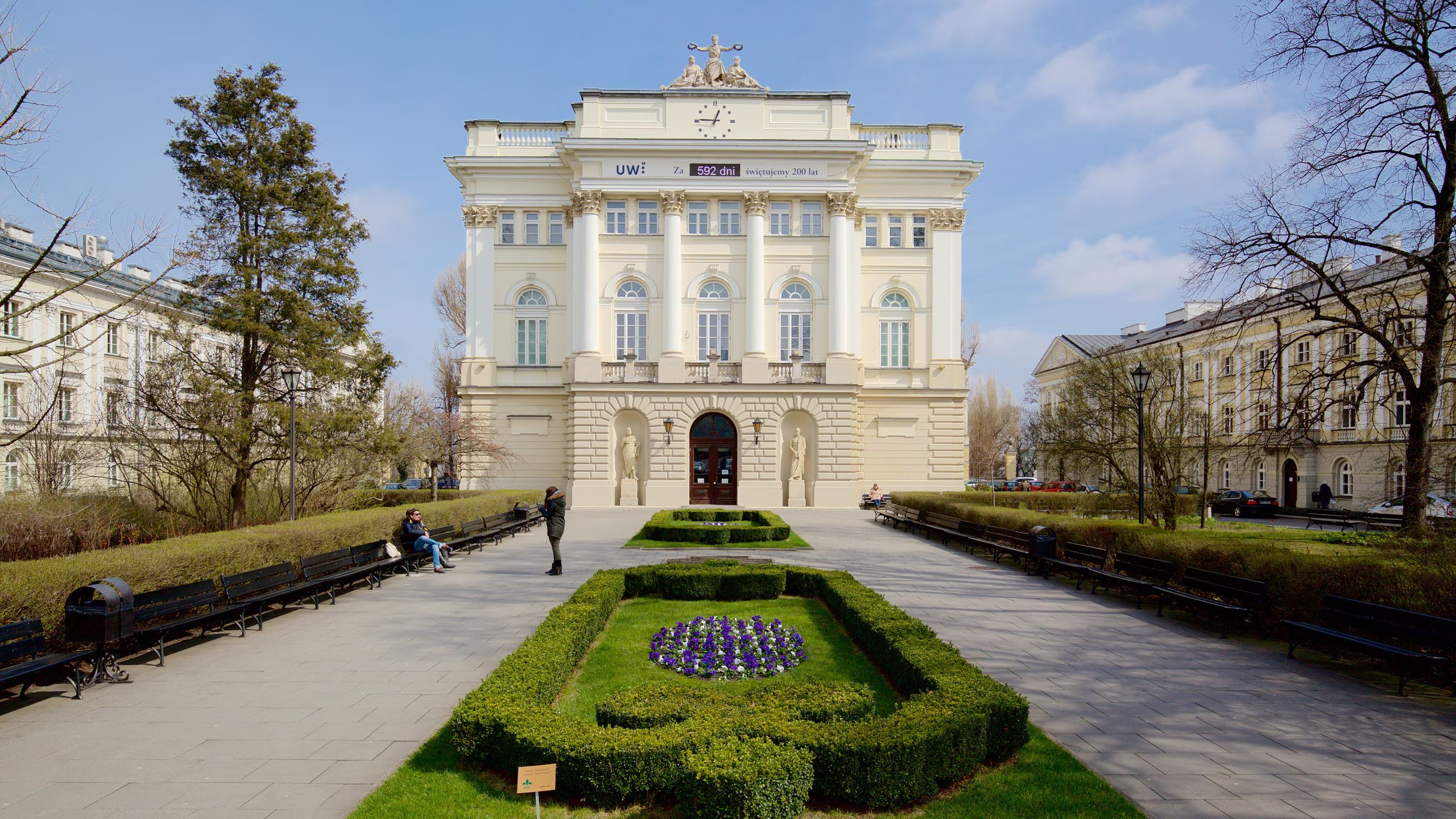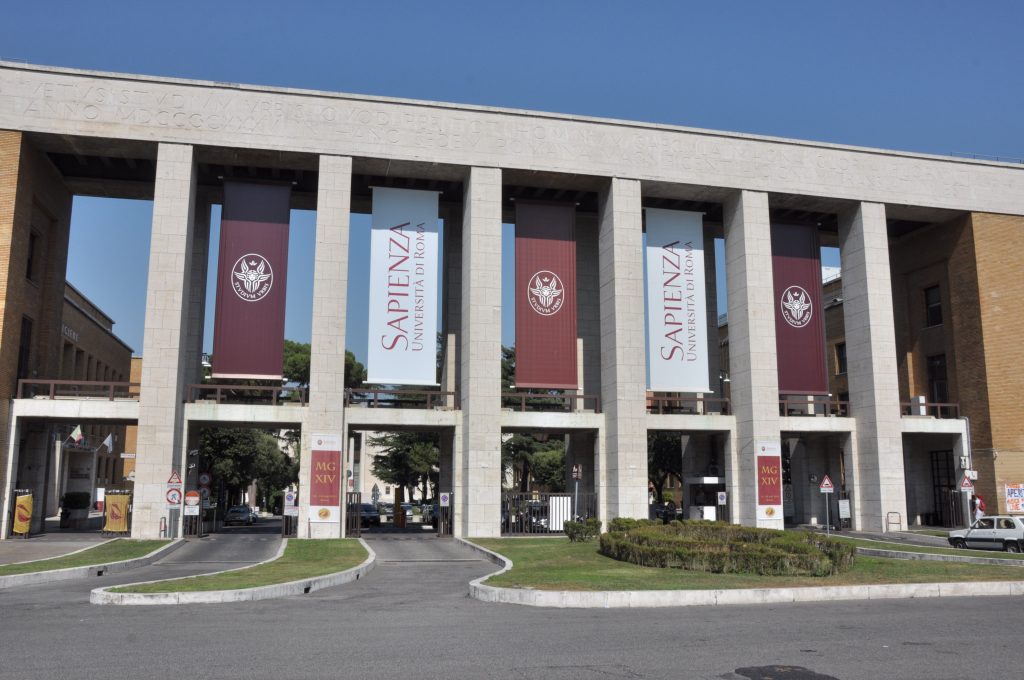Navigating the visa application process can be daunting for students aspiring to study abroad. This comprehensive guide outlines the visa requirements for Poland, Italy, and Canada, providing essential details to help you embark on your educational journey.
Visa Requirements for Poland
To study in Poland, international students need to obtain a National Visa (D visa) or a Schengen Visa (C visa) depending on the duration of their studies. Here are the detailed requirements:
1. Types of Visas
- National Visa (D Visa): For studies longer than 90 days.
- Schengen Visa (C Visa): For short-term studies (up to 90 days).
2. Application Requirements
- Completed Visa Application Form: Fill out the form available on the Polish consulate website.
- Valid Passport: Your passport should be valid for at least 3 months beyond your intended stay.
- Acceptance Letter: Proof of acceptance from a Polish educational institution.
- Proof of Sufficient Funds: Bank statements showing you have enough funds to support yourself during your studies (approximately €500 per month).
- Health Insurance: Proof of health insurance covering at least €30,000.
- Accommodation Proof: Documentation proving your accommodation in Poland.
- Language Proficiency: Evidence of language proficiency in Polish or English (as applicable).
3. Application Process
- Prepare Required Documents: Gather all necessary documentation.
- Submit Application: Submit your application in person at the nearest Polish consulate or embassy.
- Pay Visa Fee: The fee is approximately €60 for the National Visa and €80 for the Schengen Visa.
- Attend Interview: Some applicants may be required to attend an interview.
- Await Processing: Processing usually takes 2 to 4 weeks.
4. Important Considerations
- Work While Studying: Students can work part-time during their studies.
- Visa Extensions: Students can apply for a residence permit to stay longer.

University of Warsaw
Visa Requirements for Italy
Students must obtain a Student Visa (type D) to study in Italy. Here are the requirements:
1. Types of Visas
- Student Visa (Type D): For long-term studies (more than 90 days).
2. Application Requirements
- Completed Visa Application Form: Available on the Italian consulate’s website.
- Valid Passport: Must be valid for at least 3 months beyond the intended stay.
- Acceptance Letter: Proof of admission to an Italian educational institution.
- Proof of Sufficient Funds: Evidence of funds (around €6,000 to €8,000) to cover living expenses.
- Health Insurance: Coverage of at least €30,000.
- Accommodation Proof: Evidence of housing arrangements in Italy.
- Language Proficiency: Proof of proficiency in Italian or English (as applicable).
3. Application Process
- Prepare Required Documents: Compile necessary documentation.
- Submit Application: Apply in person at the Italian embassy or consulate.
- Pay Visa Fee: Approximately €50.
- Attend Interview: An interview may be required.
- Await Processing: Processing typically takes 2 to 4 weeks.
4. Important Considerations
- Work While Studying: International students can work part-time (up to 20 hours per week).
- Residence Permit: Required if staying longer than 90 days.

Sapienza University of Rome
Visa Requirements for Canada
International students must apply for a Study Permit to study in Canada. Here’s what you need to know:
1. Types of Visas
- Study Permit: Required for studies longer than 6 months.
2. Application Requirements
- Completed Study Permit Application Form: Available on the Immigration, Refugees, and Citizenship Canada (IRCC) website.
- Valid Passport: Must be valid for the duration of your studies.
- Letter of Acceptance: From a recognized Canadian educational institution.
- attestation letter (PAL): A Provincial Attestation Letter (PAL) is an official document issued by a Canadian provincial government to confirm that an international student has been accepted into a designated educational institution within that province.
- Proof of Sufficient Funds: Approximately CAD 14,500 per year (in addition to tuition).
- Medical Exam: Some students may require a medical exam.
- Language Proficiency: Proof of English or French proficiency (IELTS, TOEFL, etc.).
3. Application Process
- Prepare Required Documents: Collect all necessary documentation.
- Submit Application: Apply online through the IRCC website.
- Pay Processing Fee: CAD 235 for the study permit and biometrics fee
- Biometrics Appointment: Schedule and attend a biometrics appointment if required.
- Await Processing: Processing times vary; typically from 4 to 20 weeks.
4. Important Considerations
- Work While Studying: Students can work on or off campus with certain restrictions.
- Post-Graduation Work Permit: Eligible graduates can apply for a work permit after completing their studies.

University of Manitoba
Conclusion
Studying abroad is an exciting opportunity that requires careful planning, especially regarding visa requirements. By understanding the specific requirements for Poland, Italy, and Canada, you can navigate the application process more confidently. Consider joining our webinars or consulting with us for personalized guidance and support.